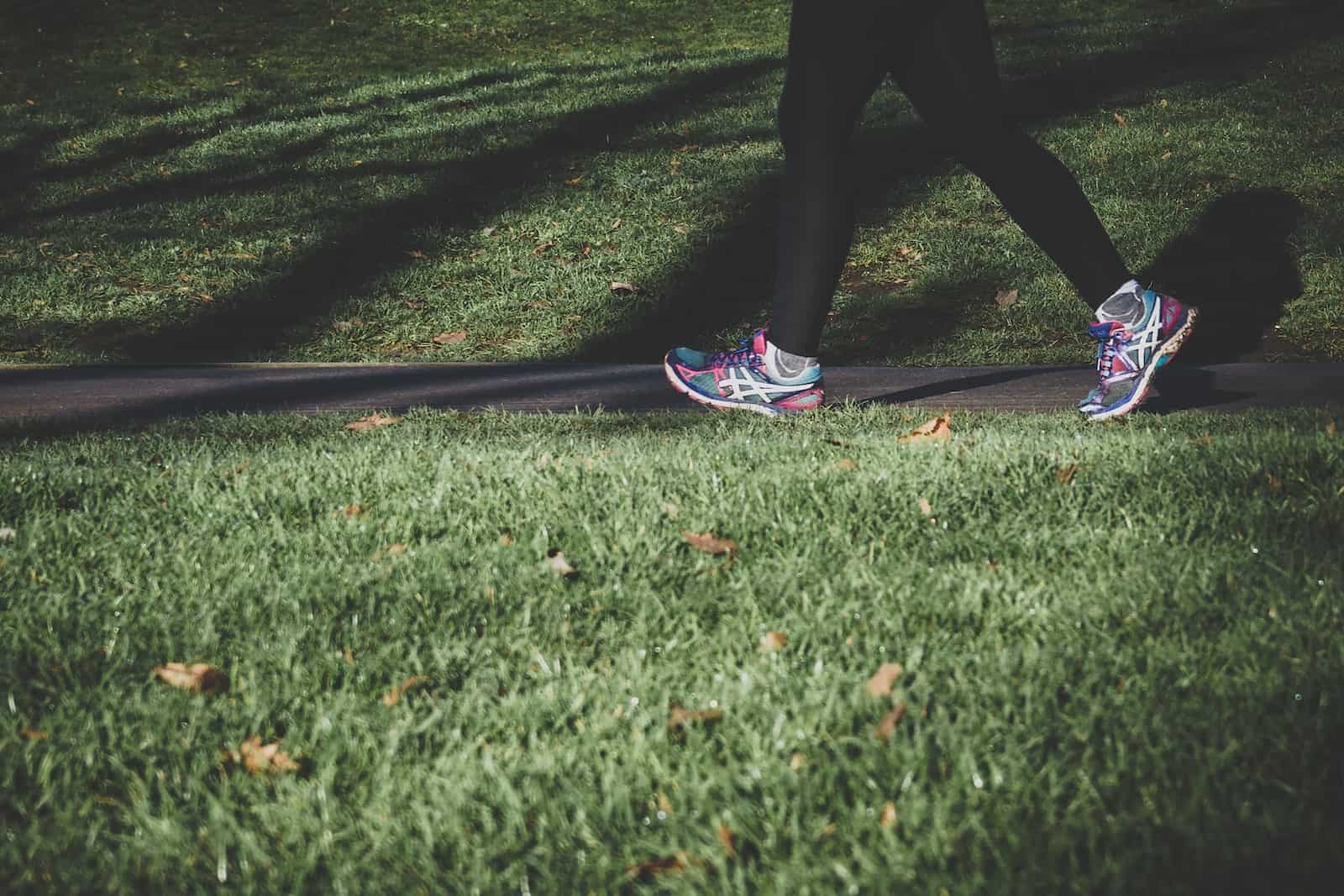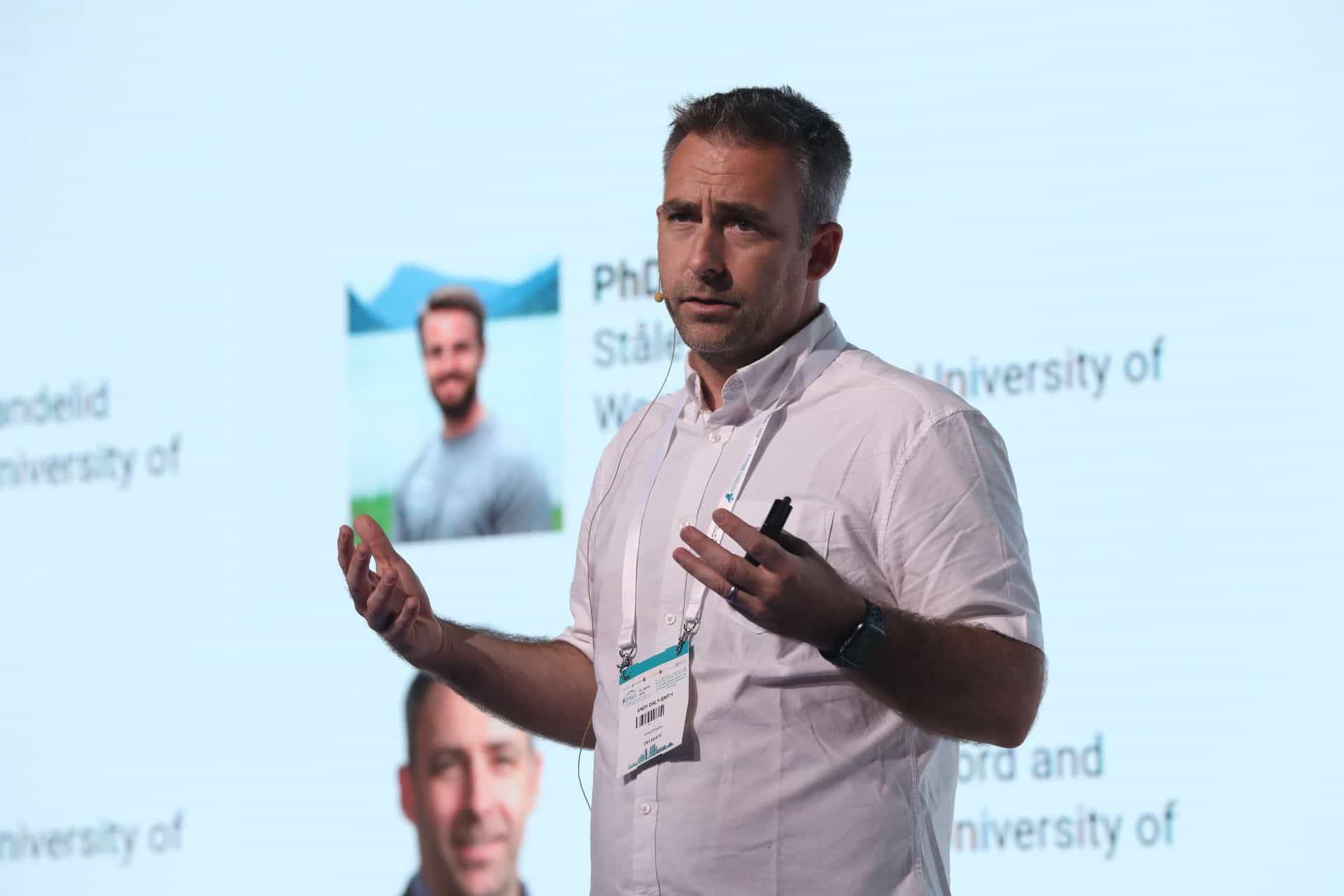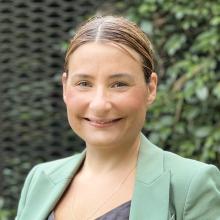Oral
12:05
Analysis of monitoring physical activity in prosthesis users and able-bodied individuals in the US and Thailand
Background
In Thailand, 2 million people have disabilities. Mobility disabilities affect up to 50% of disabled people, often due to various causes leading to amputations. Amputees face challenges in maintaining regular physical activity, especially in resource-limited environments where prosthetic technologies may differ if compared with the US. Nevertheless, there is a lack of information on physical activity among Thai amputees.Purpose
To compare physical activity in able-bodies and prosthesis users in Thailand and the United StatesMethods
This study was approved by the Siriraj Ethical Review Board study number 324/256 and study number 2017-37 in St. Mary’s University. A total of 42 participants were recruited, including 14 able-bodies in Thailand, 14 prosthesis users in Thailand, and 14 prosthesis users in the US. For seven days, each participant wore the Actigraph GT9X to monitor their physical activity and completed 2MWT.Result
All analysis of statistics has been performed by using SPSS. The Kruskal Wallis test with a significance level of 0.05 was used to compare between groups to investigate the difference in terms of 2MWT and PALs. No significant difference in step total, moderate-intensity activity, and MVPA. There is a significant difference shown in the intensity of activities in sedentary, light activity levels, METs, and walking speed.Conclusion
Able-bodied is more probable than prosthesis users to reach a significant walking speed. However, both groups of Thailand spend more time in sedentary lifestyles. In contrast, Americans spend more time engaging in light-intensity activities because of their vibrant national environment. As a result, METs rates for prosthesis users in the US are higher than those for users in Thailand. This is a result of Americans being more active than Thais, who primarily spend their time sitting and resting.Funding
This research project was supported by the Faculty of Medicine Siriraj Hospital,Grant Number R016232005
Submitting Author
Wisavaporn Niamsang
Population Group
Adults, Disabled people
Study Type
Other
Setting
Community, Healthcare



